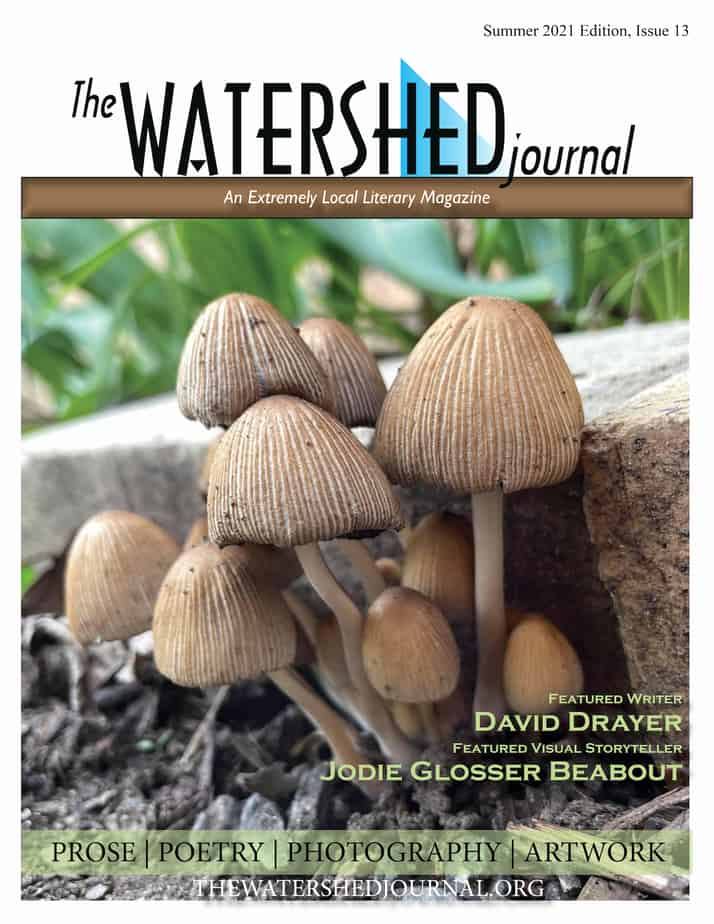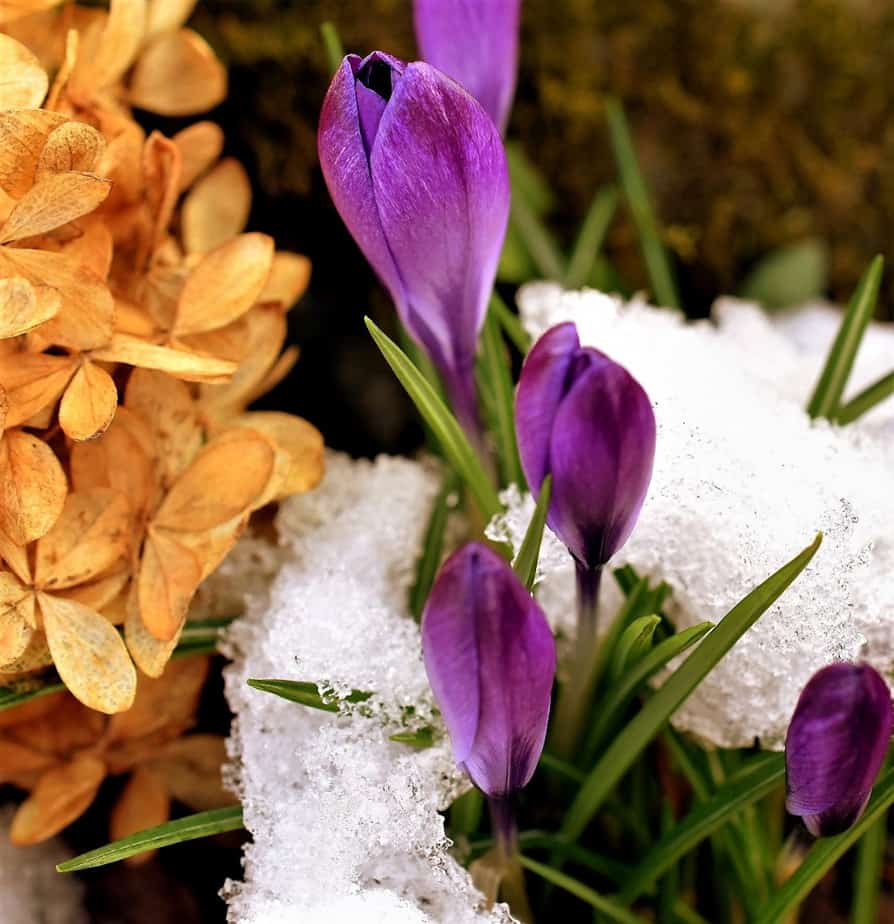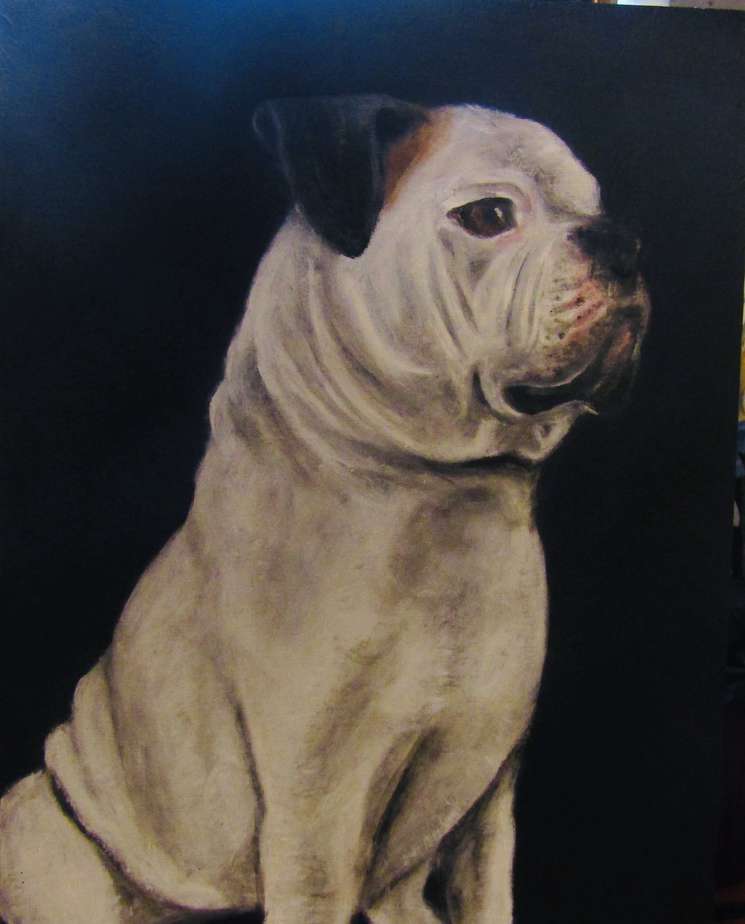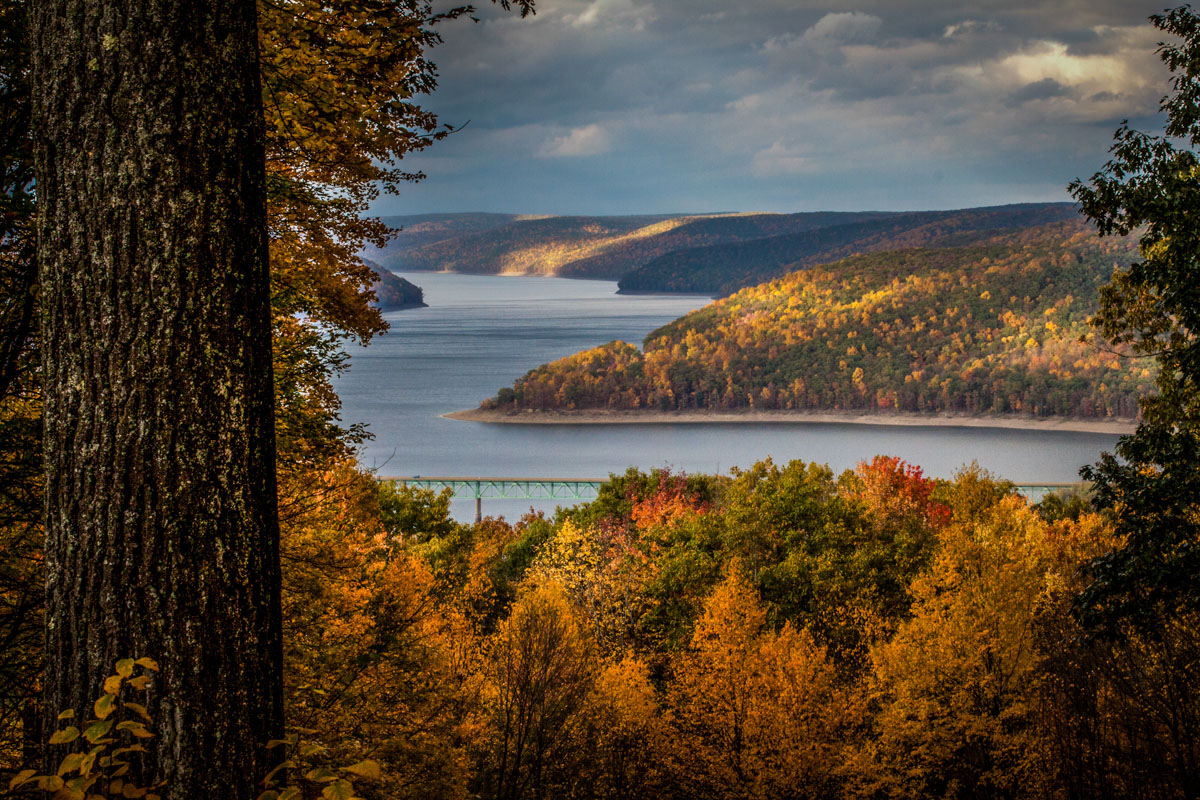While teaching at my first tenure track job and working with Cincinnati’s Urban Appalachian Council, I discovered that I am Appalachian. I know that sounds a bit far fetched coming from a West Virginian, but it had never clicked with me before. Once I made this recognition, I sought out the literary voices of the region, and I devoured works by Harriet Arnow, Wilma Dykeman, Mary Lee Settle, and Sharyn McCrumb. And yet as much as I loved the power of their storytelling and universal truths, it was in the particulars that often I felt lost. The customs, traditions, dialect, vocabulary, and other features identified as Appalachian were foreign to me. Even the works of Denise Giardina, one of my state’s literary heroes, made me feel like I was an outsider looking in, or worse, an imposter posing as an Appalachian.
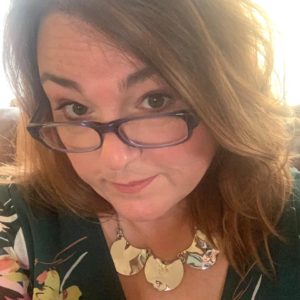
Suddenly, the rush of that initial recognition had turned into existential dread. Although the Appalachian Regional Commission (ARC) places the entire state of West Virginia clearly in Appalachia, it felt like pieces of my whole life were missing. That maybe when I was catching crawdads in the crick with my cousins, I was supposed to be eating Mamaw’s apple stack cakes and beating back kudzu with Papaw? Was I a real Appalachian, I wondered?
And then around 2008 I discovered the missing pieces when I began teaching at California University of Pennsylvania, which is home to the Northern Appalachian Network. The reason I always felt like Appalachia was a costume and not my true self was that I was overlooking an entire sub-region with overlapping, but very distinct culture and heritage. Yes, we have rolling hills and farmlands and lightening bugs on summer nights, but we also have factories and skyscrapers and light pollution that blots out starry skies.
The more people I met from northern Appalachia, the more at home I felt. At the same time, I struggled to find the literature of the sub-region. Where were the books about my people and our history? Where were the girls and women like me? I became empowered not only to find these voices that I knew had to exist, but to share them with others.
In 2010 I presented a paper at the Appalachian Studies Conference about what it means to be from northern Appalachia. I found my metaphorical kin on that panel and in the audience, which led to my involvement in the planning of the Northern Appalachia in Word and Song Conference held at Cal U in 2011.
As the president of the Writers Association of Northern Appalachia (WANA), I have seen incredible growth in both the recognition of the literary voices and history of the sub-region just in the last few years, and I am excited about the many wonderful directions in which we are headed as Appalachians in general and northern Appalachians in particular.
Organizations like the Watershed Group and their flagship publication, The Watershed Journal, are leading the way in this endeavor, especially for the people of the Pennsylvania Wilds. In the pages of this issue, readers will find a rich diversity of work that ranges from stories about the legacy of ethnic and familial heritage to the long, dark shadows of grief to the rosy glow of childhood nostalgia. I encourage you to kick back and relax in the dog days of summer and read deeply from these pages. This is Appalachia. This is where we are from. — Christina Fisanick
Christina Fisanick is an Associate Professor of English at California University of Pennsylvania, where she teaches expository writing, creative nonfiction, digital storytelling, and Honors writing and rhetoric. She is the author of dozens of essays and more than thirty books, including The Optimistic Food Addict and Digital Storytelling as Public History. She is the co-direct of the Northern Appalachian Network, president of the Writers Association of Northern Appalachia (WANA), and the co-host of WANA LIVE!, a weekly virtual reading series that features writers from northern Appalachia. To learn more about WANA and their upcoming fall writers conference, visit their website at https://writersassociationofnorthernappalachia.org/.

